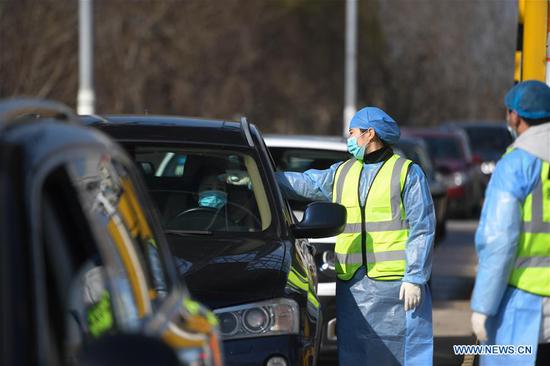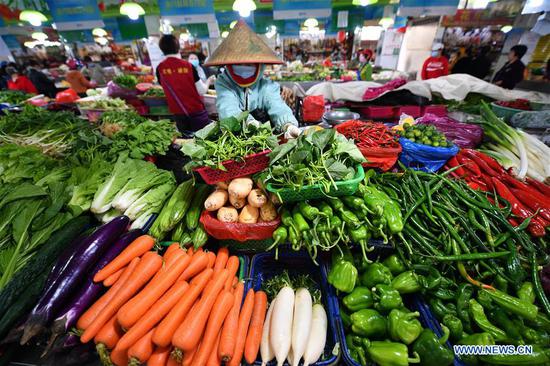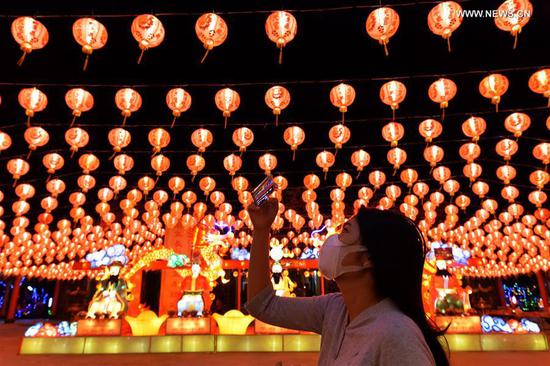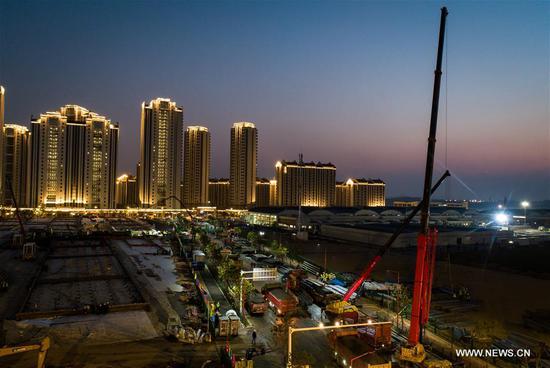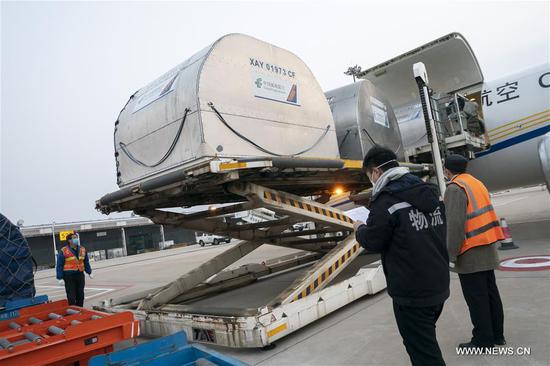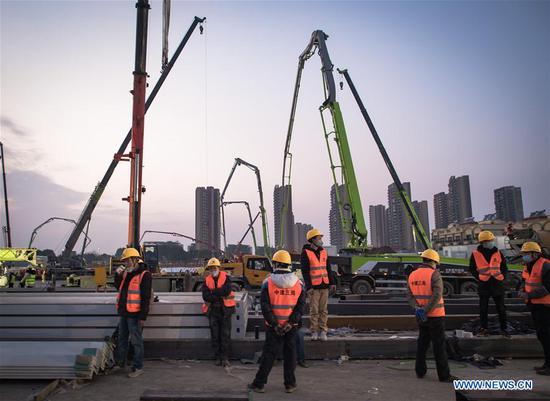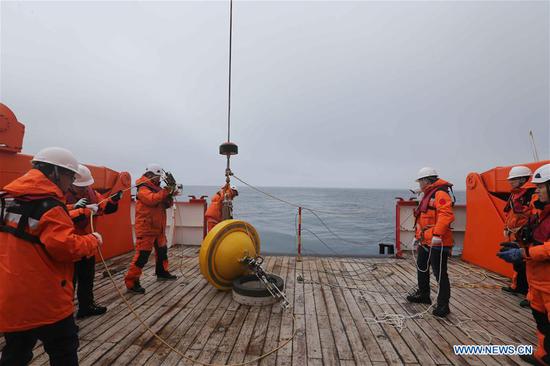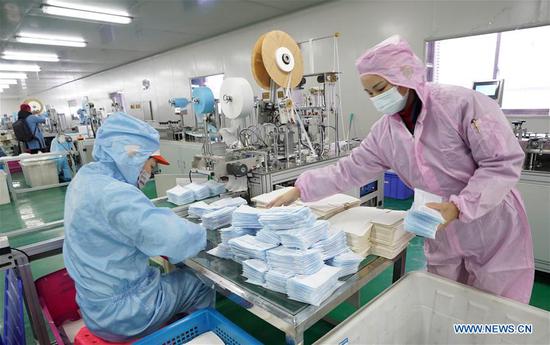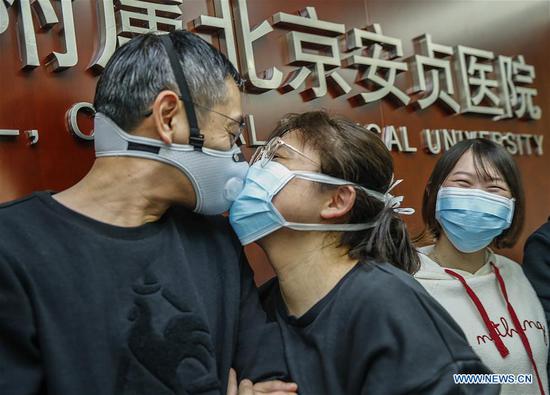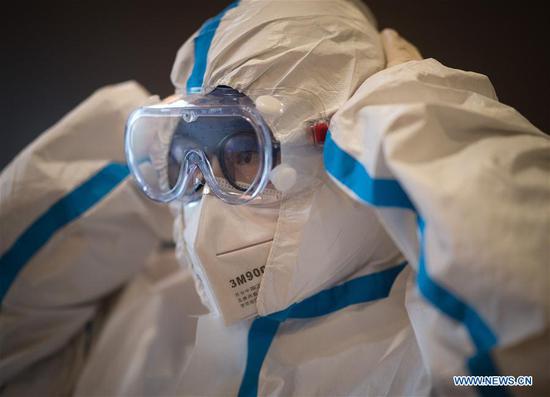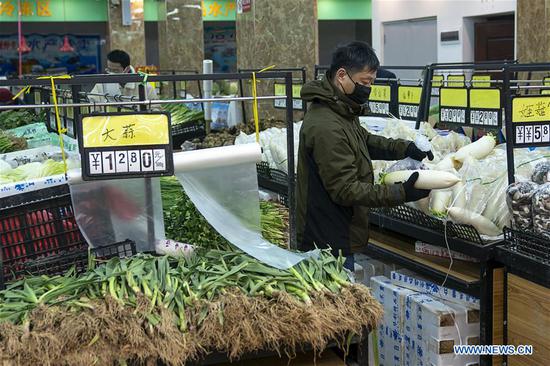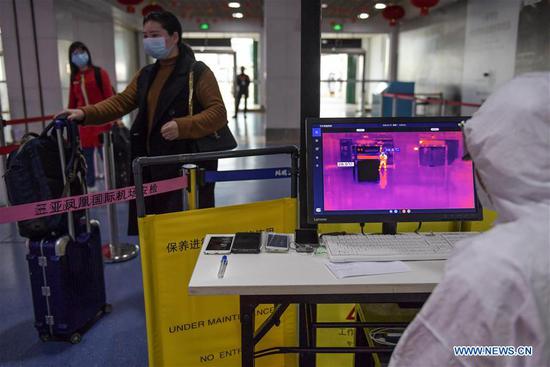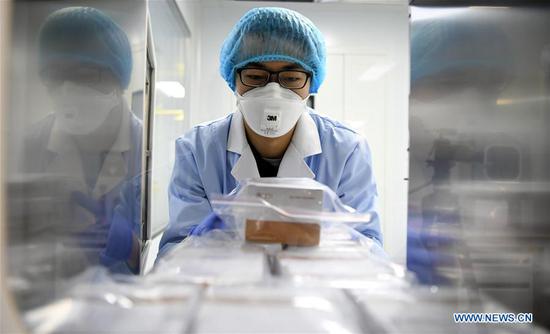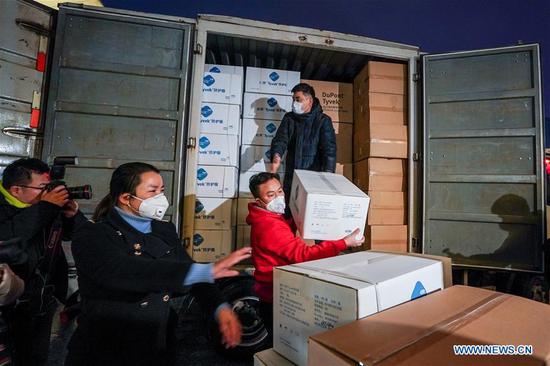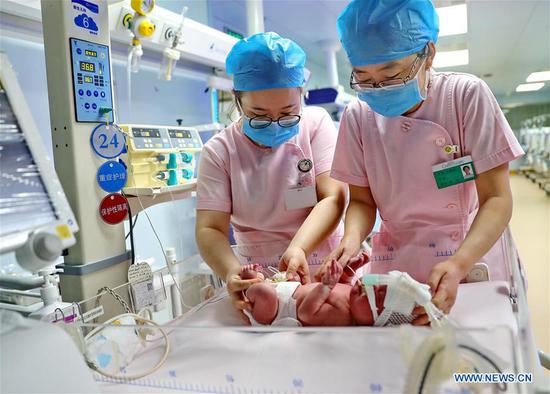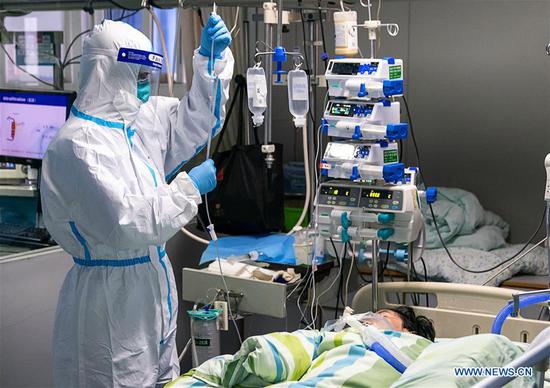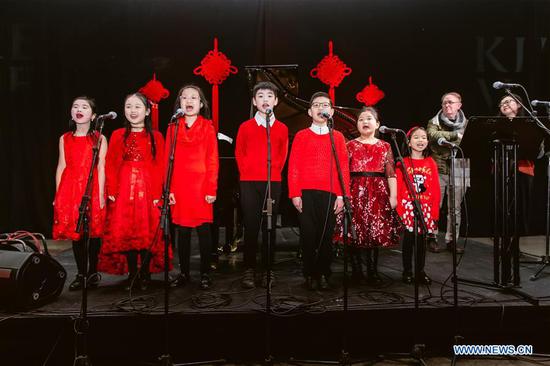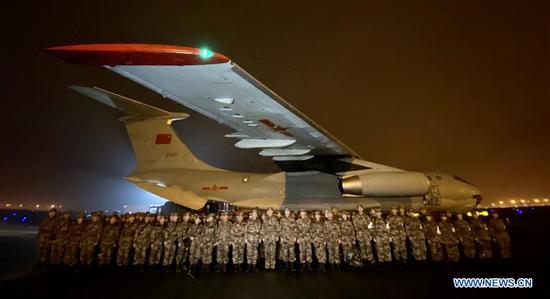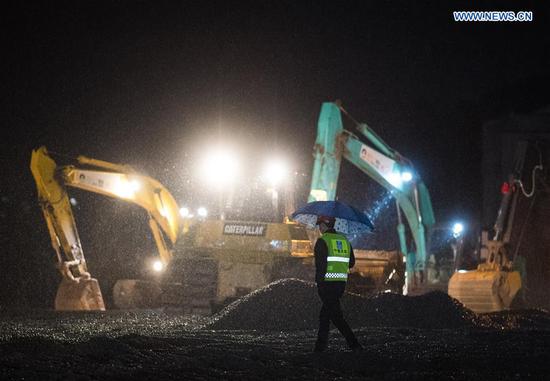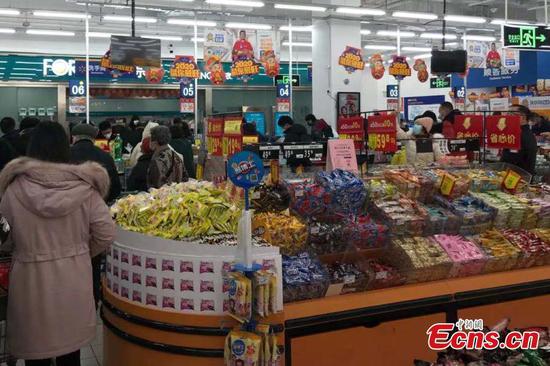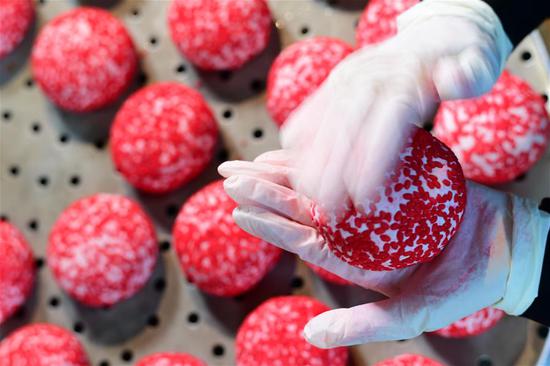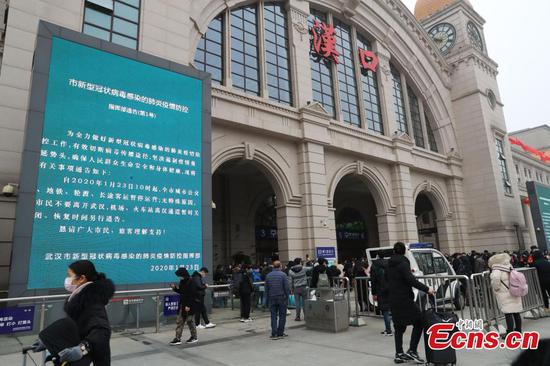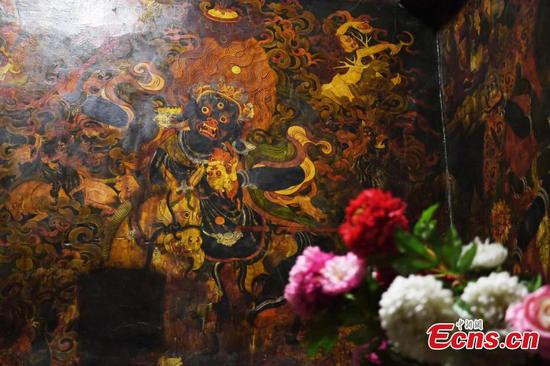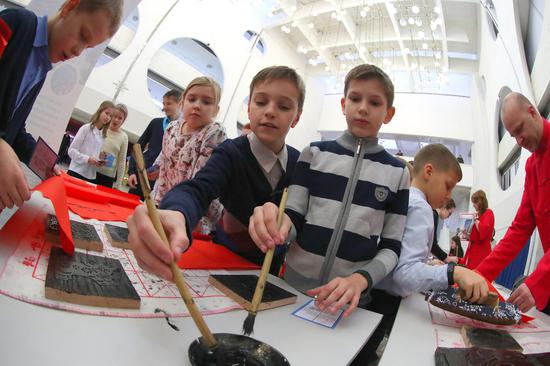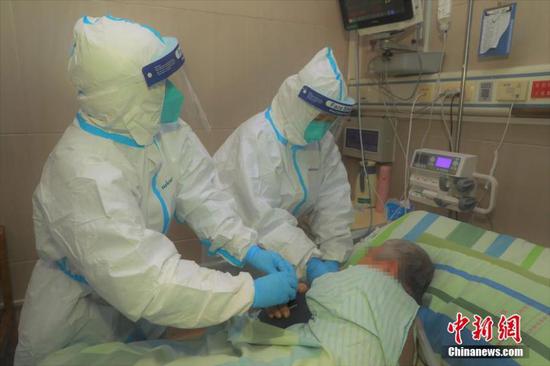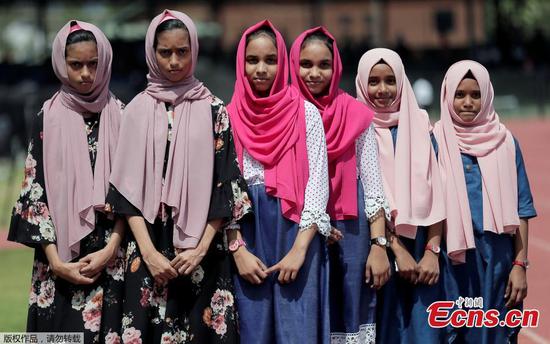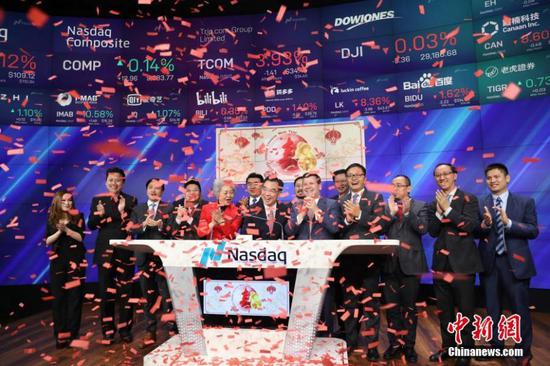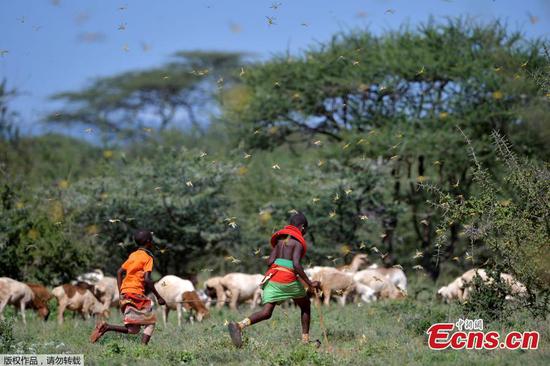2. Can the Chinese government manage to contain the epidemic?
China has adopted a whole-of-government approach, coupled with full social mobilization, in the fight against the 2019-nCov epidemic.
At the central level, Beijing has been on high alert since the early days and activated the public health emergency response mechanism as soon as confirmed cases rose to 200. On January 20, President Xi Jinping and Premier Li Keqiang instructed governments at all levels to pay highest attention to the development of the epidemic. The National Health Commission and local authorities were ordered to activate allround emergency response mechanisms. On January 25, Premier Li was designated chair of a newly established central leading small group on battling the 2019-nCov epidemic and visited Wuhan two days later to inspect the latest progress and boost public morale.
Rapid mobilization at the top level catapulted the whole nation into instant reaction. At present, more than 52 batches of medical staff of 6,097 professionals are working in Wuhan and other places in Hubei. Medical supplies including face masks, protective suits, and medicines are arriving in epidemic areas. The Ministry of Industry and Information Technology has urged medical suppliers across China to restore to their full productive capacity to ensure sustained provision of all necessary items. The Ministry of Finance has allocated 1 billion RMB in emergency funds for Wuhan and Hubei. Vegetables, food, and other life necessities have been sent from other places to Wuhan for the nine million residents there.
Local authorities are taking every measure in epidemic control and prevention. At the moment, most of the confirmed cases reported in regions other than Hubei are imported infections -- patients have either traveled to or lived in Wuhan or come into close contact with infected victims. There has been no epicenter of outbreak except Wuhan due to early government intervention. For now, top priorities for local governments include: identifying and caring for symptomatic patients, and advising and monitoring people with Wuhan travel records to self-quarantine. Restrictive measures such as migration control and mass quarantine may give rise to social disorder, which requires appropriate responses from local authorities. Price control and quality supervision are also necessary as demands for face masks and liquid soap have soared.
Local authorities have a crucial role to play in vast rural areas, since residents there only have vague awareness of personal hygiene and many remain reluctant to wear face masks and wash hands with soap even if infection seems imminent. New year greetings and family reunions during the Spring Festival also significantly increase the likelihood of mass infection. In the absence of quality medical resources, local authorities play an indispensable role in imposing self-quarantine, advising against unnecessary travels or visits, and promoting public health education.
Apart from implementing local prevention and control measures, provincial and local governments, at the request of the central government, are also supposed to provide timely assistance to Wuhan in terms of hospital staff, medical materials, and food supplies. Factories have difficulty restoring to their full manufacturing capacities as most of them are understaffed, under-supplied, and under-funded during holidays. Local authorities should mobilize and coordinate resources to assist those factories to return to operation. Inter-provincial assistance and coordination reflects a nation-wide consensus on the imperative of standing up to challenges at critical moments.
Enterprises and the general public are also contributing to the combat against the epidemic. Financial and material donations from Chinese enterprises have been growing since the onset of the deadly virus. Charities and Red Cross agencies in Hubei have received up to 4. 26 billion RMB and 5.29 million pieces of materials in donation by the end of January. Corporate giants like Alibaba and Fosun International Limited have made overseas purchases to supply urgently needed medical equipment to Wuhan.
What is worth noting is that Chinese tech firms have proven that the Internet plays a special role in China’s social governance. For example, Tencent has set up eleven platforms providing online services such as information disclosure and medical advice. One platform offers online medical clinical services aimed to reduce feverish patients’ exposure to virus in hospital. Another platform helps calm down the public by debunking rumors and conspiracy theories. Didi, a car-hailing service firm, has set up a dedicated convoy to ferry medical staff amid Wuhan’s traffic shutdown. Another firm has devised a search app whereby users can check whether they have been the fellow-travelers of an infected victim. From the SARS outbreak to the 2019-nCov epidemic, Internet companies have shouldered increasing corporate responsibilities in times of crisis.
The Chinese public has experienced a quiet Spring Festival as many have canceled their scheduled gatherings and planned vacations. Despite the initial anxiety, criticism, and concerns over information disclosure, the general public’s conscience and rationality in a country with 1.4 billion population and 800 million netizens are commendable. With enhanced information transparency by the government, initial criticism soon abated and in its place were optimism and general support of government initiatives and programs. Now, the public is admiring the courageous medical staff from all over China working
in Wuhan hospitals, hailing Dr. Zhong Nanshan -- the first professional boldly warning against human-to-human transmission -- as a national hero, and watching live at 3 a.m. the construction of the Leishenshan and Huoshenshan hospitals with chants of “Hang on Wuhan, we stand with you.” Today, instead of complaining and grieving, more and more Chinese people are comforting and encouraging each other. This boosted public morale has contributed to the rapid social mobilization for epidemic prevention and control.
At the same time, public donations to Wuhan have never stopped since the early days of the combat. Besides donations to Wuhan charities and Red Cross agencies, the public has mailed to Wuhan face masks and protective suits. Social groups have volunteered to work in Wuhan. Overseas members of alumni societies of Wuhan University, Nanjing University, and Tsinghua University have provided urgently needed medical materials to Wuhan hospitals. Many medical associations have volunteered to provide counselling services to ease patient families’ fears. In Shanghai, some residents salute the service and sacrifice of those front-line medical personnel by sending them milk tea, bread, and fine meals. Some warmhearted citizens place hundreds of face masks at a police station’s entrance without leaving their names. These acts and moments of appreciation and love reflect the growing determination of the Chinese people to conquer the 2019-nCov epidemic.









